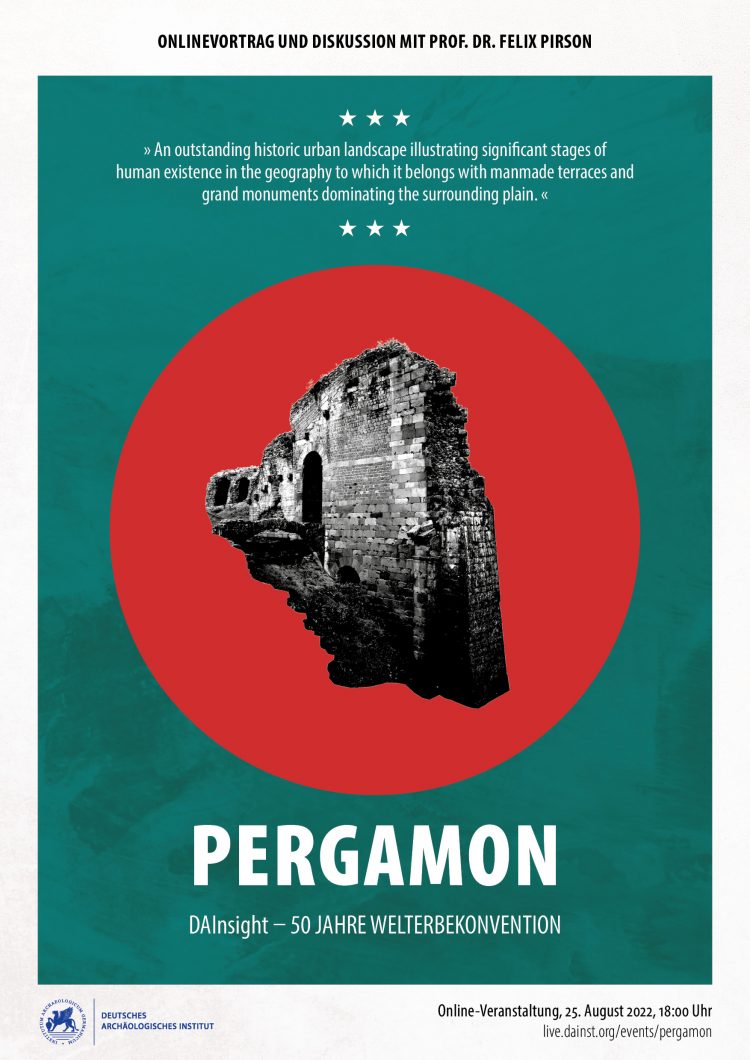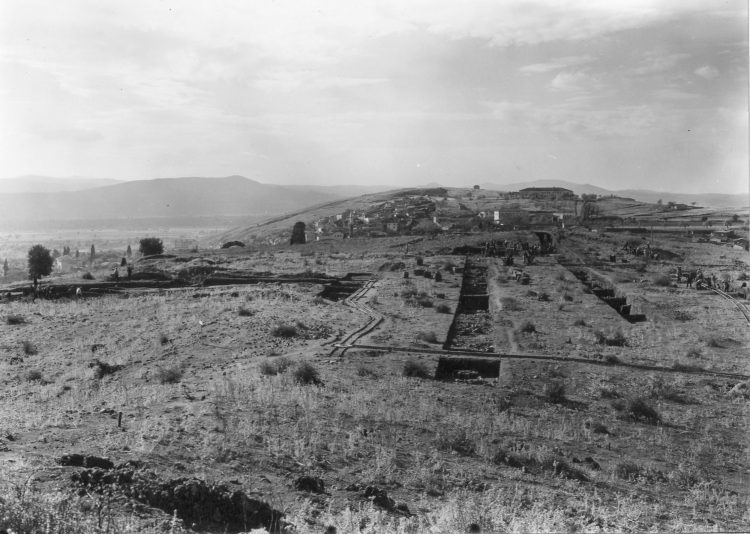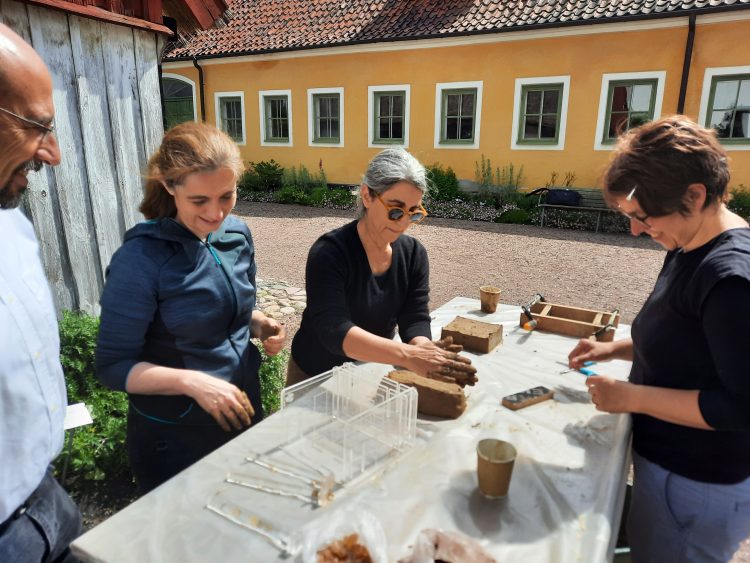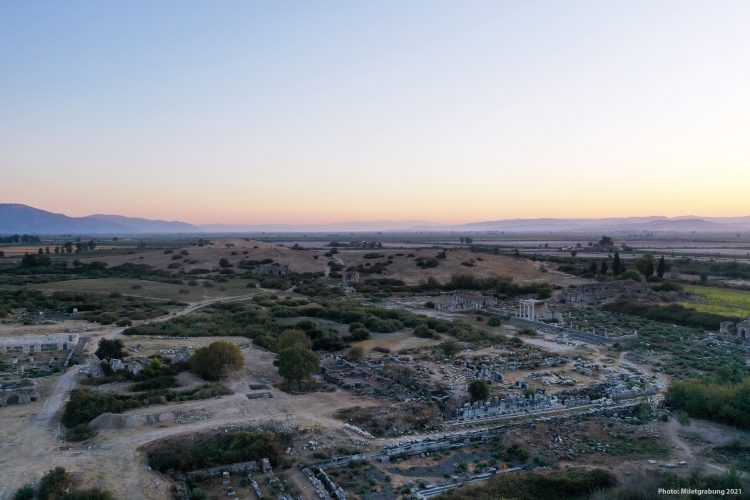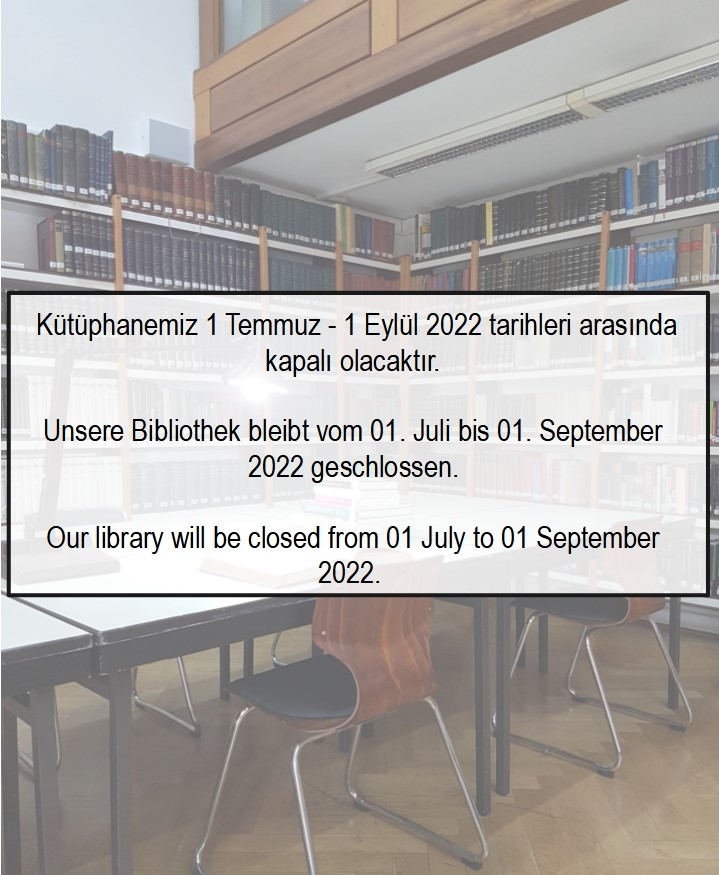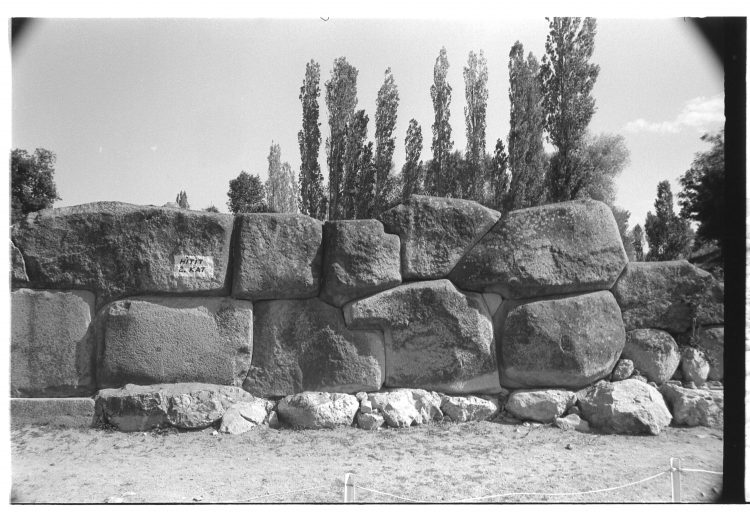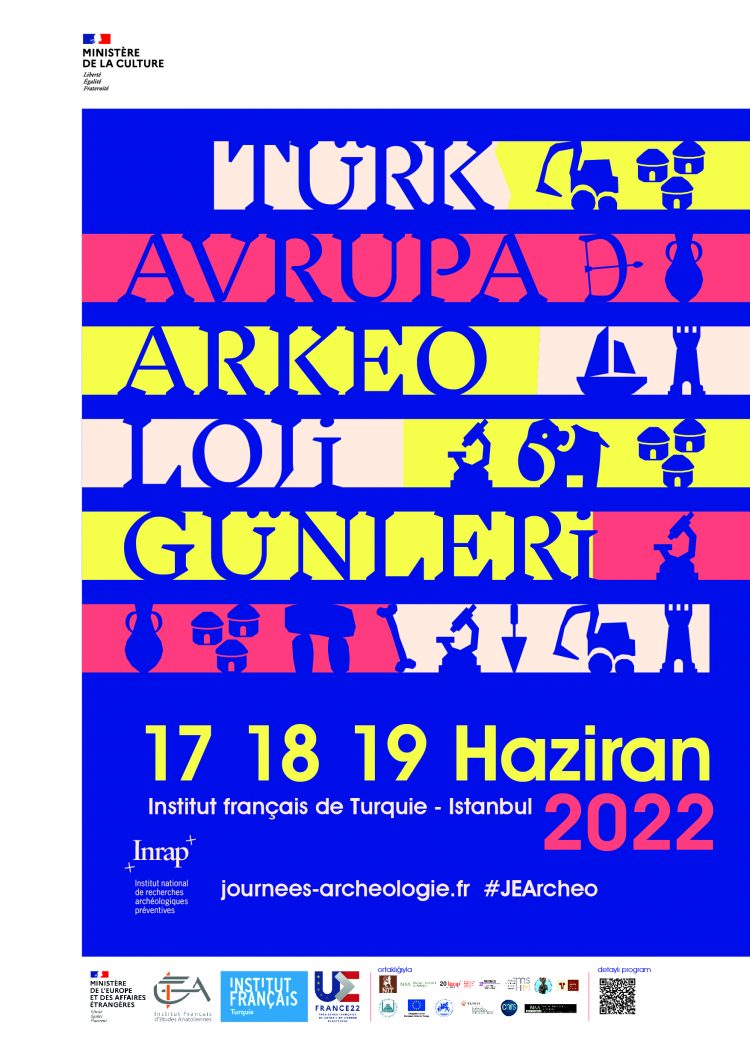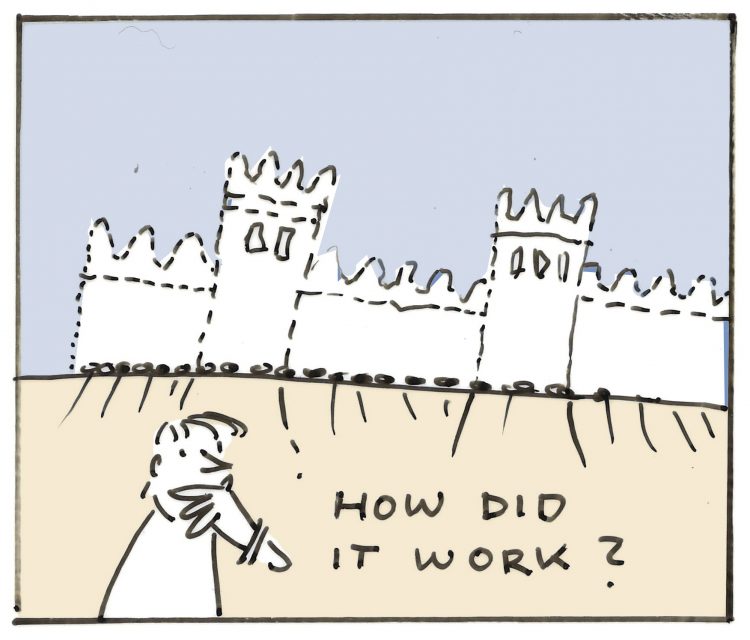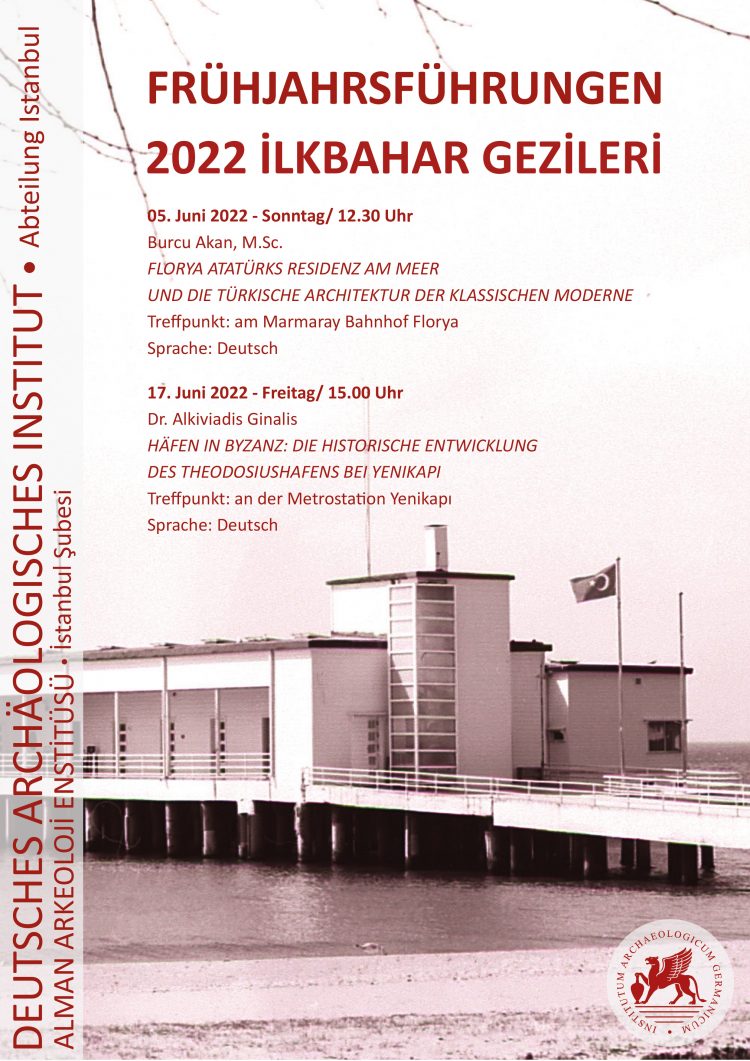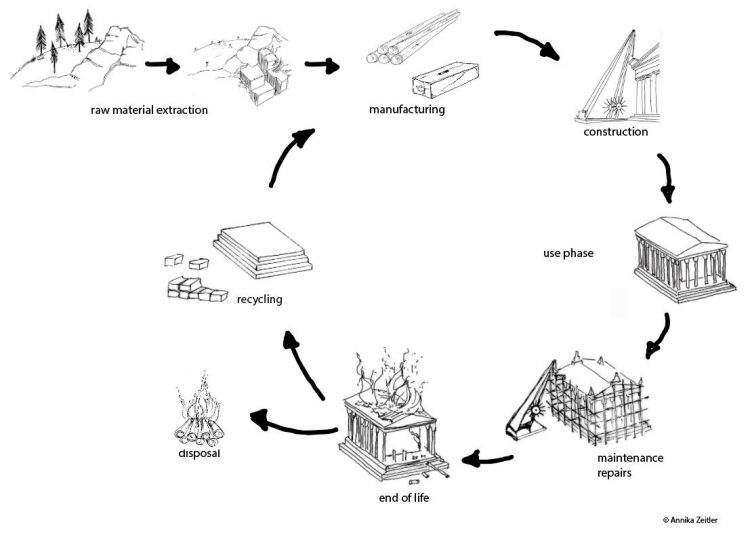Lecture Announcement: “Pergamon und seine vielschichtige Kulturlandschaft”
On 16 November 1972, the Convention Concerning the Protection of the World Cultural and Natural Heritage, in short the World Heritage Convention, was decided by the UNESCO General Conference in Paris. On the occasion of the 50th anniversary of this event, this year’s DAInsight series under the title “50 Jahre Welterbekonvention” presents world heritage sites […]
